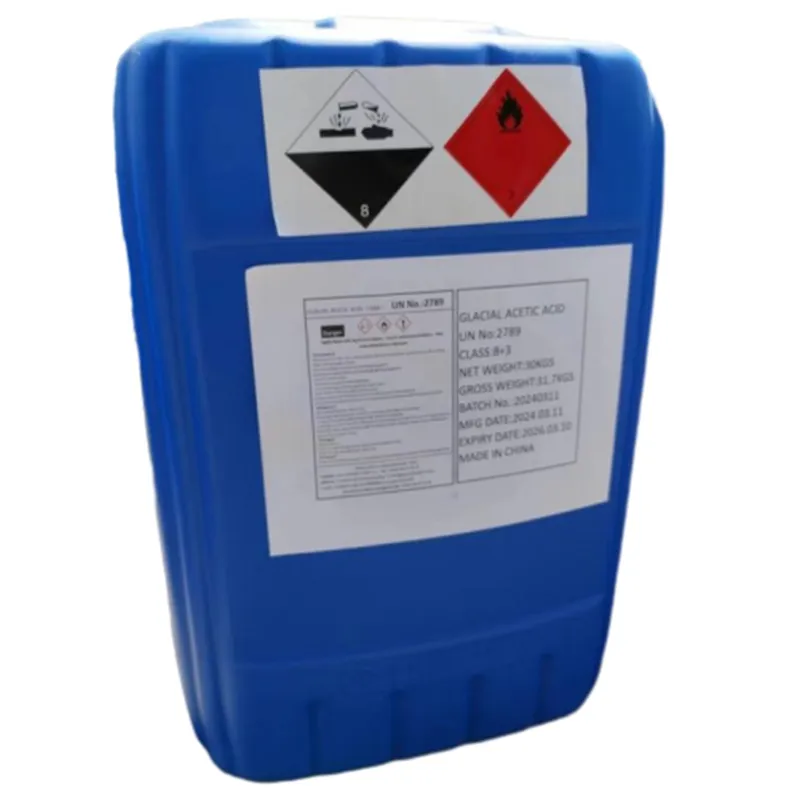
e301 food additive
Understanding E301 Sodium Ascorbate and Its Role as a Food Additive
In the world of food science and preservation, food additives play a crucial role in enhancing the quality, safety, and shelf life of products. Among these additives, E301, known as sodium ascorbate, stands out not only for its functionality but also for its health benefits. This article delves into the properties, uses, and safety aspects of E301 in the food industry.
What is Sodium Ascorbate (E301)?
Sodium ascorbate is the sodium salt of ascorbic acid, commonly known as vitamin C. As a food additive, it is recognized by the code E301 and is widely used in various food products. Its chemical formula is C6H7NaO6, and it appears as a white to slightly yellow crystalline powder. Sodium ascorbate is soluble in water and has a slightly salty taste, which makes it a versatile additive in both food preservation and nutritional enhancement.
Functions of E301 in Food Products
1. Antioxidant Properties One of the primary functions of sodium ascorbate is its role as an antioxidant. It helps in preventing the oxidation of food components, thereby maintaining their color, flavor, and nutritional value. Oxidation can lead to rancidity in fats and oils, discoloration in fruits and vegetables, and the degradation of vitamins. By incorporating E301 into food products, manufacturers can enhance shelf life and preserve quality.
2. Preservation Sodium ascorbate is effective in inhibiting the growth of harmful bacteria, molds, and yeasts. It is often used in the meat and poultry industry to prevent spoilage and extend shelf life. Additionally, sodium ascorbate can enhance the effectiveness of other preservatives by creating an environment that is less conducive to microbial growth.
3. Nutritional Supplement E301 also serves as a source of vitamin C, an essential nutrient known for its role in immune function, collagen synthesis, and the maintenance of healthy skin. Adding sodium ascorbate to foods can help fortify them with this vital vitamin, contributing to a healthier diet.
4. pH Control Agent Sodium ascorbate can also act as a pH regulator in food products, helping to stabilize acidity levels. This is particularly important in processed foods where consistent texture and flavor are desired.
e301 food additive

Applications in the Food Industry
Sodium ascorbate is found in a variety of food products, ranging from dairy and meat products to beverages and snacks. Some common applications include
- Meat products E301 is frequently used in processed meats and sausages to enhance color, flavor, and shelf life. - Beverages It is often added to fruit juices and sports drinks to boost vitamin C content and offer antioxidant protection. - Baked goods In bakery products, sodium ascorbate helps strengthen dough and improves bread quality. - Fruits and vegetables It is used in canned and frozen fruits and vegetables to maintain color and prevent oxidation.
Safety and Regulatory Status
Sodium ascorbate (E301) is generally recognized as safe (GRAS) by food safety authorities around the world, including the European Food Safety Authority (EFSA) and the U.S. Food and Drug Administration (FDA). The acceptable daily intake is not explicitly defined, as it is considered safe in typical dietary amounts.
However, like any food additive, excessive consumption should be avoided. While sodium ascorbate is less likely to cause adverse reactions than many synthetic additives, some individuals may experience digestive discomfort at high doses. It is important for consumers to read food labels to understand the contents and additives used in processed foods.
Conclusion
E301, or sodium ascorbate, is a significant food additive valued for its antioxidant properties, preservation capabilities, and nutritional benefits. Its ability to enhance food quality while preventing spoilage makes it a staple in the food industry. As consumers become increasingly aware of food additives, understanding the role of E301 aids in making informed dietary choices. By recognizing the benefits of sodium ascorbate, both food manufacturers and consumers can appreciate its contributions to food safety and nutrition.
-
Understanding Synthetic Rubber OptionsNewsApr.27,2025
-
Trichloroisocyanuric Acid: Essential for Clean and Safe WaterNewsApr.27,2025
-
Sodium Dichloroisocyanurate: Key to Safe Water TreatmentNewsApr.27,2025
-
Sodium Acid Pyrophosphate: Essential in Modern Food ProcessingNewsApr.27,2025
-
Essential Water Treatment ChemicalsNewsApr.27,2025
-
Denatured Alcohol and Its Industrial UsesNewsApr.27,2025
-
The Versatile Uses of Sodium BicarbonateNewsApr.24,2025
Hebei Tenger Chemical Technology Co., Ltd. focuses on the chemical industry and is committed to the export service of chemical raw materials.
-

view more DiethanolisopropanolamineIn the ever-growing field of chemical solutions, diethanolisopropanolamine (DEIPA) stands out as a versatile and important compound. Due to its unique chemical structure and properties, DEIPA is of interest to various industries including construction, personal care, and agriculture. -

view more TriisopropanolamineTriisopropanolamine (TIPA) alkanol amine substance, is a kind of alcohol amine compound with amino and alcohol hydroxyl, and because of its molecules contains both amino and hydroxyl. -

view more Tetramethyl Thiuram DisulfideTetramethyl thiuram disulfide, also known as TMTD, is a white to light-yellow powder with a distinct sulfur-like odor. It is soluble in organic solvents such as benzene, acetone, and ethyl acetate, making it highly versatile for use in different formulations. TMTD is known for its excellent vulcanization acceleration properties, which makes it a key ingredient in the production of rubber products. Additionally, it acts as an effective fungicide and bactericide, making it valuable in agricultural applications. Its high purity and stability ensure consistent performance, making it a preferred choice for manufacturers across various industries.











